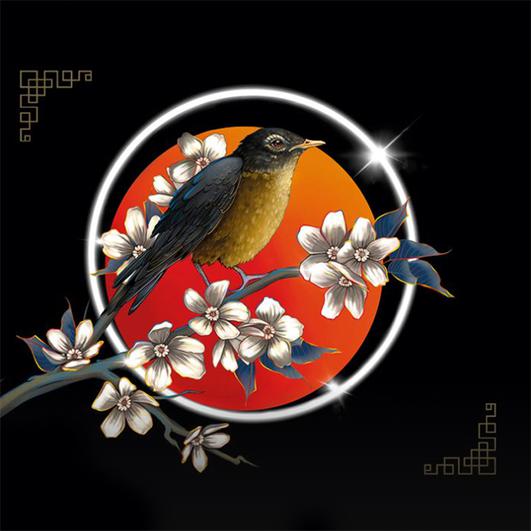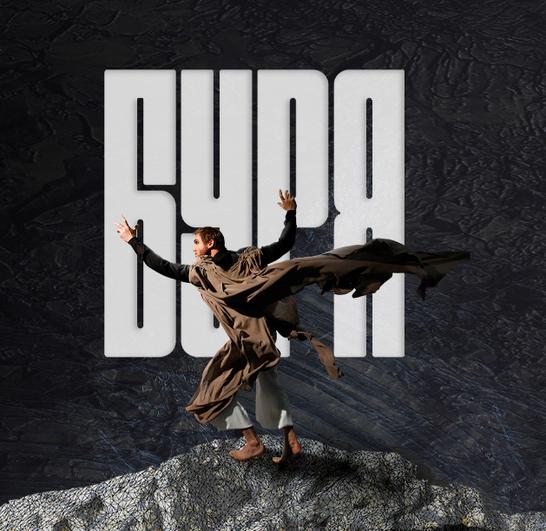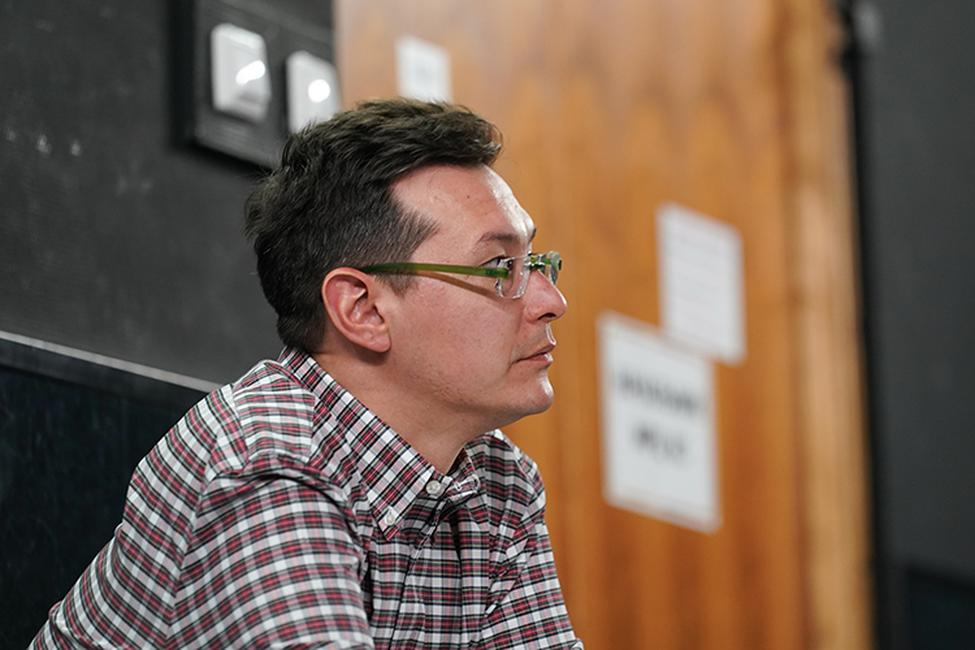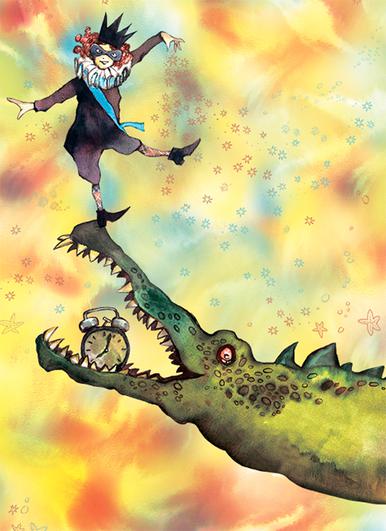
The Chamber Stage of the Bolshoi sees this autumn off with a premiere: on the last day of November, there will be a new performance which links together the operas The Mandarin’s Son and Le Rossignol by I. Stravinsky.
Our regulars have long been familiar with the principle of forming the repertoire for the Chamber Stage. It is compiled of rarely performed, sometimes completely forgotten works, and quite often the audience is invited to master two opuses at once and at the same time evaluate how skilfully they are combined in a complete performance. The Mandarin’s Son and Le Rossignol continue this tradition.
These distinctively original operas — both written on subjects from Chinese life — are infrequent guests on stage (especially The Mandarin’s Son is a true rarity). The Bolshoi Theatre is filling this gap: Alexei Vereshchagin (conductor), Alexei Frandetti (director), Viktor Antonov (designer) and a group of their co-authors together with the Obraztsov State Academic Puppet Theatre have created an unusual production with the participation of puppet characters. Audiences will be treated to the performance in which elements of Chinese mask theatre and shadow puppet theatre become components of the opera performance.
A catchy, recognisable Chinese flavour and a palette of red-orange autumn-like bright colours create an organic “backdrop” to the contrasting parts of the performance: the playful comedy The Mandarin’s Son and the poetic parable represented by the opera Le Rossignol.
The premiere performance series will take place from the 30th of November to the 3rd of December at the Chamber Stage of the Bolshoi Theatre.
Production director Alexei Frandetti:
— For me it all started with Stravinsky’s Le Rossignole. I have had the idea for this production for an extremely long time.
Since the opera is short (the three parts last no more than an hour — ed.), we understood that an additional act was needed. There were long discussions about what it could be. At some point, I even had an absolutely mad idea — to take the ballet The Miraculous Mandarin by Béla Bartók and combine it with Le Rossignol! But then we decided that in order to balance such uneasy music by Stravinsky and to add some kind of entertaining component to the performance, we need to take Cui’s The Mandarin’s Son. (The Mandarin’s Son for me is in many ways a vaudeville, since, along with purely musical scenes, it also contains large conversational scenes.) This is how the first act, preceding Le Rossignol, appeared.
Both these operas have one common line. It is China. But their China is different, or rather, they demonstrate different views (or different points of view) on Chinese art. In The Mandarin’s Son we “play” it: at some point what is happening on stage turns into a kind of Chinese mask theatre dell’arte. While in the second act — in Le Rossignol — everything becomes “serious”, and the music is completely different. But the “genius loci” is still a powerful unifying factor.
The production features puppets. My love for the puppet theatre caught up with me a year ago. We did a performance at the Obraztsov Theatre, then at the St Petersburg Variety Theatre, and I realized that puppets can often be very expressive — sometimes even more expressive than a live actor. Likewise, vocals can have a stronger impact on the audience’s consciousness than spoken text. Therefore, it seemed to me that it would be great to combine such opposite theatrical paradigms as opera and puppetry. Moreover, to combine them precisely in this material because both operas — the gloomy Andersen fairy-tale (Le Rossignol) and the vaudeville The Mandarin’s Son with its somewhat “cardboard” action — are conducive to this. However, I have never worked with shadow puppetry theatre, and this in itself is rather an interesting experience.
It cannot be said that our approach to staging operas is classical. First of all, because we made our own version of the score of Cui’s opera for a specific composition of the orchestra. The libretto of this opera has also undergone changes. In my opinion, it has quite anachronistic dialogues. I turned to Kay Baburina, the author of the libretto translation of the operetta Candide by Bernstein for my production at the Bolshoi (2018), with a request to write new dialogue scenes for The Mandarin’s Son, and they suited the artists perfectly.
As for the characters, it was not so important to me who would sing, but who would act, especially in the first act. Because The Mandarin’s Son is a drama opera, artists must be able to speak and act like dramatic actors, while in Le Rossignol they will have to work with stage puppets. Here, too, the story is not only about the vocal skills, but also about the ability to work with objects. In addition to the Chamber Stage troupe, puppet theatre actors are involved in the production, including some from the Obraztsov Theatre.
The moral of the performance, as it seems to me, is embedded in Andersen’s fairy-tale and picked up by Stravinsky in Le Rossignol: the living, real art (in this case, the singing of a real-life nightingale) always defeats even the most complex but artificial reproduction of music.
The premiere series of performances will take place on the 30th of November — 3rd of December on the Chamber Stage of the Bolshoi Theatre.
The last premiere of the season will take place on the 11th of July on the Chamber Stage of the theatre and will feature a new stage version of Ruggero Leoncavallo’s opera Pagliacci.
* In Italian Vesti la giubba! (literally Put on a costume — words from the famous aria of Canio).



